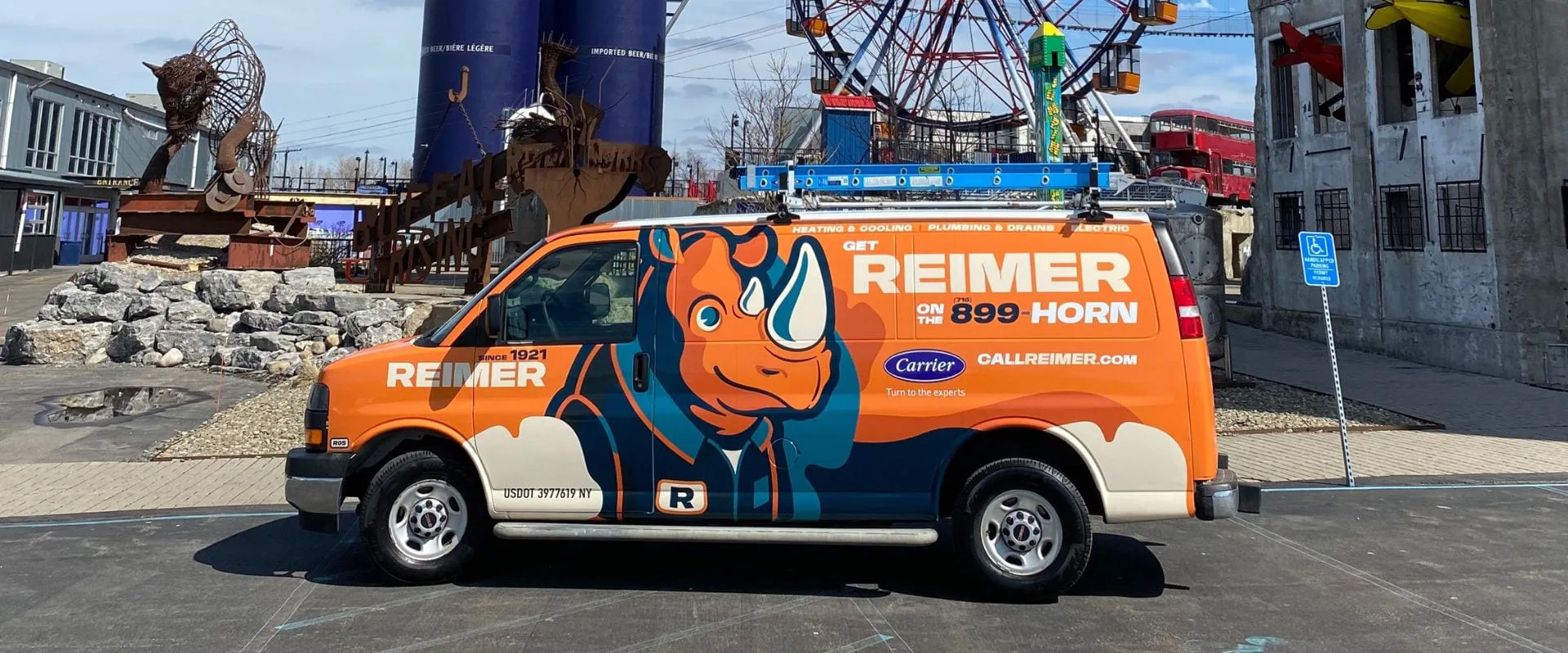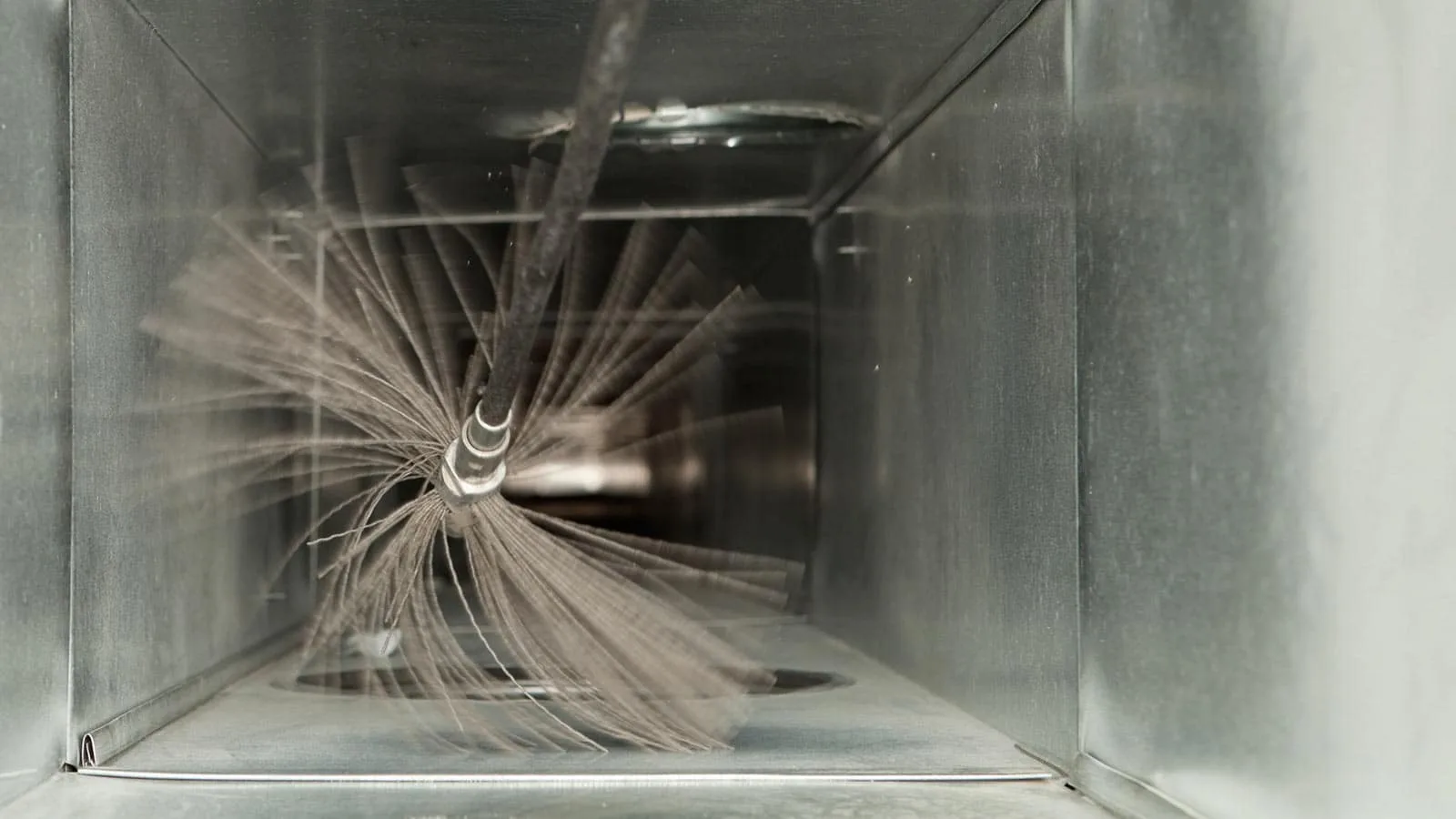You need a new hot water heater in your home. After years of great service from your older one, it’s time to make an upgrade. But, there’s a lot of different water heaters on the market. Not just makes and models, but in terms of hot water heater types. Gas, electric, tankless, solar: what do all these terms mean, and what are the real advantages and disadvantages of each?
In our latest blog post, we’ll run through these hot water heater types and explore what makes each of them different.
Standard water heaters
These are, by far, the most common type of water heater in American homes. They have a familiar tank, and are usually placed in the garage or in a laundry room. These systems heat water and then store it in the tank until it’s called out by a faucet or drain in the home. These system regulate the temperature and pressure of the water inside. Compared to tankless water heaters or other models, these are, by far, the least expensive option for most homes.
Standard water heaters do have their downsides, however. Since they heat and store a certain amount of water, they can run out of it, especially during high-demand periods. For example, a family of four that gets ready in the morning for school and work may find that the last person to take a shower “runs out” of hot water. In addition, standard water heaters only last between 10-12 years, and they run the risk—especially near the end of their life—of bursting their tank and causing flooding.
Despite these downsides, standard water heaters remain an affordable way for most families to get hot water in their home. There are two kinds of standard water heaters: gas and electric.
Gas water heaters
The first thing to note, of course, is that your home needs to have both natural gas available and a hookup for a gas water heater. Without either of those things, you’ll want to get an electric water heater.
However, if your home is wired for natural gas, these type of water heaters are probably your best bet. While, on average, they’re a bit more expensive than their electric siblings, standard gas water heaters are more energy efficient. Over the course of years, those savings will likely add up to more than make up the difference in cost.
Electric water heaters
If you don’t have gas connections, you will have to get an electric water heater of some kind. A standard electric water heater uses more energy than gas units or tankless systems, but is the least expensive option.
An additional downside of an electric water heater? If the power goes out at your home, you’ll no longer have access to hot water.
Tankless water heaters
As their name heavily implies, tankless water heaters do not have tanks like standard water heaters. Nor do they hold water. Instead, they pass water through the system, heating it as needed.
This gives them multiple advantages over standard water heaters. First, tankless water heaters can supply an “unlimited” amount of hot water to your home. Since the system is just heating water as it passes through, it’s not limited to what water has been pre-heated in a tank. For larger families with hectic morning schedules, this can make all the difference.
Tankless systems are more energy-efficient than their standard peers—in fact, the U.S. Department of Energy estimates that tankless water heaters use 24-34% less energy than a normal, tanked system. For families that use a lot of hot water, those savings can really add up each year. One final advantage of a tankless water heater? They can least between 15-20 years, sometimes doubling the lifespan of a standard system.
Tankless systems do have a few downsides. The other side of being able to supply limitless hot water is that the amount supplied cannot exceed the amount that can be pushed through the system. So, for example, attempting to run the dishwasher, laundry, and the shower all at the same time will probably exceed the capacity of the tankless system. The other downside, as we’ve alluded to, is the cost. Tankless systems can cost far more than standard water heaters. In many instances, the energy savings from a tankless system can exceed the cost of the system, but only over the total 20-year lifetime. In other words, you won’t see your return on investment for two decades after your purchase.
Other hot water heater types
Other, less common hot water heater types include solar water heaters and condensing water heaters. For more on these systems, be sure to look through this buying guide from Consumer Reports.
What hot water heater types are best for your home?
Every home is different, and every family has different hot water needs. Water heaters are not always a one-size-fits-all purchase. That’s why we recommend that you give our team a call. We’re a trusted hot water heater installer serving Buffalo and Western New York. Our state-certified plumbers and technicians can help you and your family find the right water heater for your home. Give us a call today at (716) 272-2371, or contact us online.





